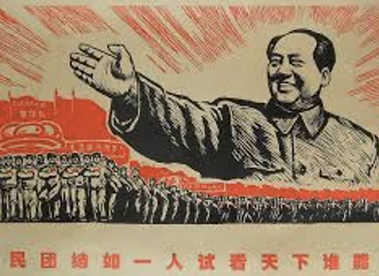

ECONOMY


As the Chairman of the Communist Central Committee and one of the most influential men in China, Chairman Mao announced the formation of the People’s Republic of China. Chairman Mao had visions for a future Communist China, leading him to be the pioneer of China, as his monetary and political reforms helped lead the nation into a more progressive era.
Chairman Mao Zedong’s earliest and most controversial political campaigns includes the establishment of extensive land reforms, through coercion and at other times through admirable persuasion. He set positive changes in motion, confiscating land in the outskirts of China from wealthy landlords and distributing it amongst peasants and the lower class, converting land into worker communes.
Land reform was an opportunity for our leader to show that he can and will deliver his promises. He gained his citizens trust and admiration through reforms and regulations. This offered career opportunities to unemployed citizens, raising employment rates in the nation, in turn triggering a boost in the country's economy due to the growth in production & export. This guaranteed the people an improved living standard, despite the military obstacles faced. After Liberation, the Chinese Communist Party aided its people in building an economy independent of imperialism, without Marxist revisionism (ideological separation from the Union of Soviet Socialist Republics [USSR]) (Buckley).
Not only did Chairman Mao progress military and political systems but he also made wise political
decisions, like separating The People's Republic of China from the USSR. To help dissociate China from its western capitalist enemies (USSR and US) Mao attempted to introduce a more 'Chinese' structure of communism, through launching 'Great Leap Forward'. The Great Leap Forward was a policy which was put in place to “modernise the Chinese economy by mass mobilisation of its labor population” (Jones) to support its economic growth of nation.
Chairman Mao set China free from its past constraints and led the nation into an age of economic evolution, solving political disputes. Chairman Mao made every decision in the name of the people,, Chairman Mao took a nation once bound by tradition and negativity forming “The People's Republic of China”.




